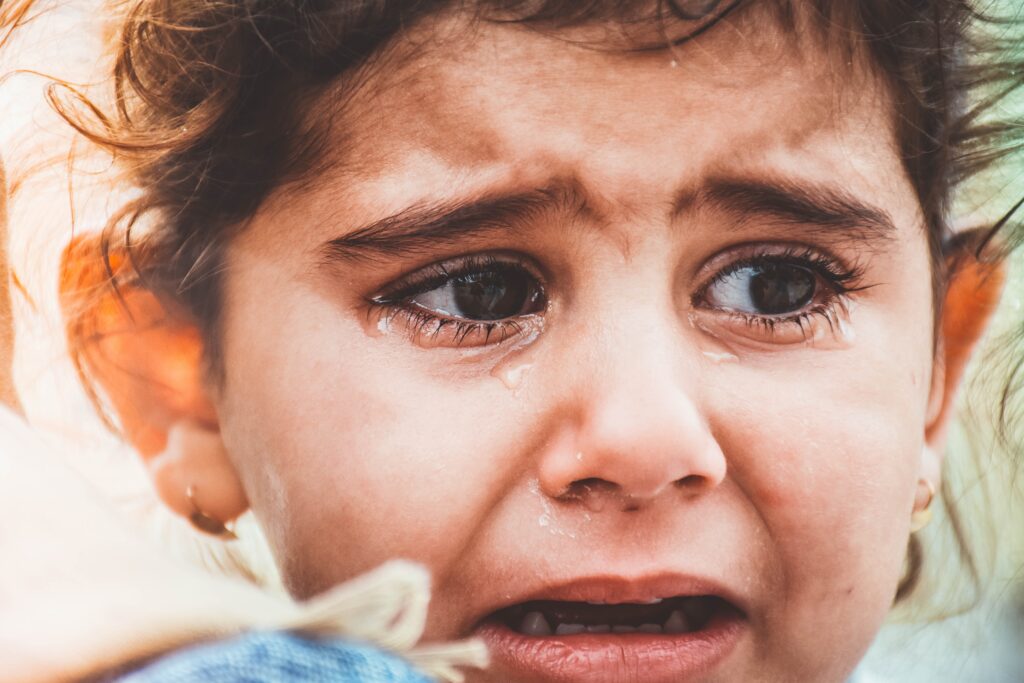Knowing when to step in and when to stay back can be tough, but it’s also one of the best parenting tools you have.
In recent years, I have observed that many children struggle in accepting unfamiliar things and often give up at the first hint of difficulty. The ability to persevere through tough situations has left them crippled and paralyzed. Even though it’s just a small bump along the way, which we know that they will overcome easily but the fear in them seems too overpowering.
How do we help them?
Watching our children make mistakes is painful, and sometimes it breaks our hearts to see our children hurt both physically and emotionally. Whether they argued with their friends or falling off a climbing frame, our instinct is to protect our children. Yet they learn important lessons from making mistakes and gain confidence when they get back up from them.
We often hear about emotional intelligence but what is it actually? An important part of emotional intelligence is knowing what to do after you’ve made a mistake. “It’s about learning to control anger and frustration that is absolutely important for coping in life,” says Dr. John Buckner from Harvard Medical School.
We often stop children from making mistakes to save them from feeling distressed. But young children aren’t afraid of messing up. It’s only as we grow older and become socially conscious that we learn to associate blunders with shame.
‘Children only dread making mistakes as a result of their parents’ responses,’ says family psychologist Dr. Randy Cale. According to Cale, many parents jump in to correct their child’s mistakes, not realizing that natural consequences do 90 percent of the teaching for them. ‘Children will naturally feel shame when they have made a mistake and if we allow a child to process the emotions, we may not need to intervene or say anything else.’
Leaping in to correct mistakes can also be counter-productive. If your child is a very strong-willed child, he or she would start rebelling or throwing tantrums when you step in.
There are only two mistakes that need our immediate attention. First, if your child’s physical safety is under threat, and second when the consequences of bad behaviour won’t be apparent for some time, for example, if you hear your daughter lying to another child, but the effect of the lie won’t come out until next week.
How do you see the world? What’s your job as a parent?
If you answered ‘To protect my child’ then your parenting style is likely to be fear-based. ‘Whenever a parent makes decisions based on trying to avoid something, they create anxiety for the child,’ says Cale. It can also lead to hyper-vigilance, with parents constantly reminding their children what to do. ‘Brush your teeth. Get out of the car. Pack your bag.’ This kind of prompting can unknowingly teach a competent, capable children to believe they can’t do anything unless told to.

